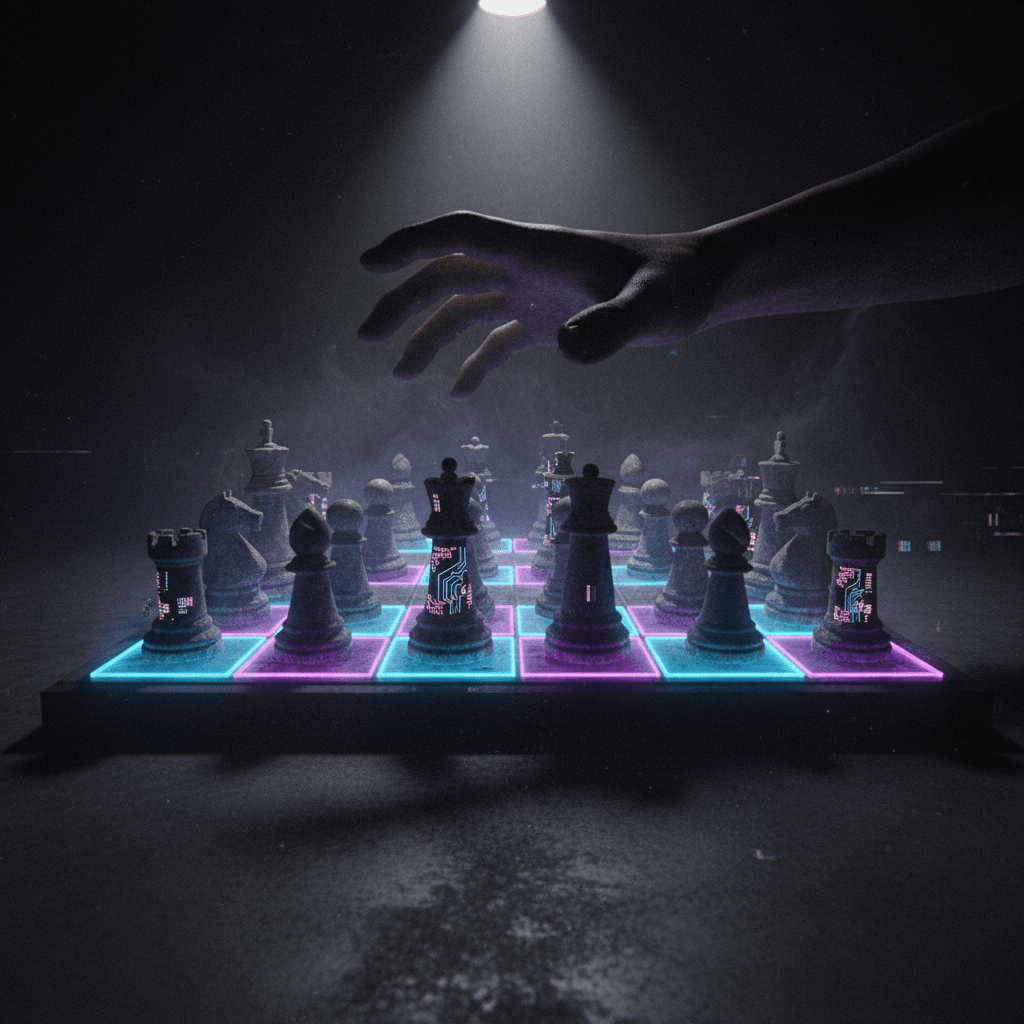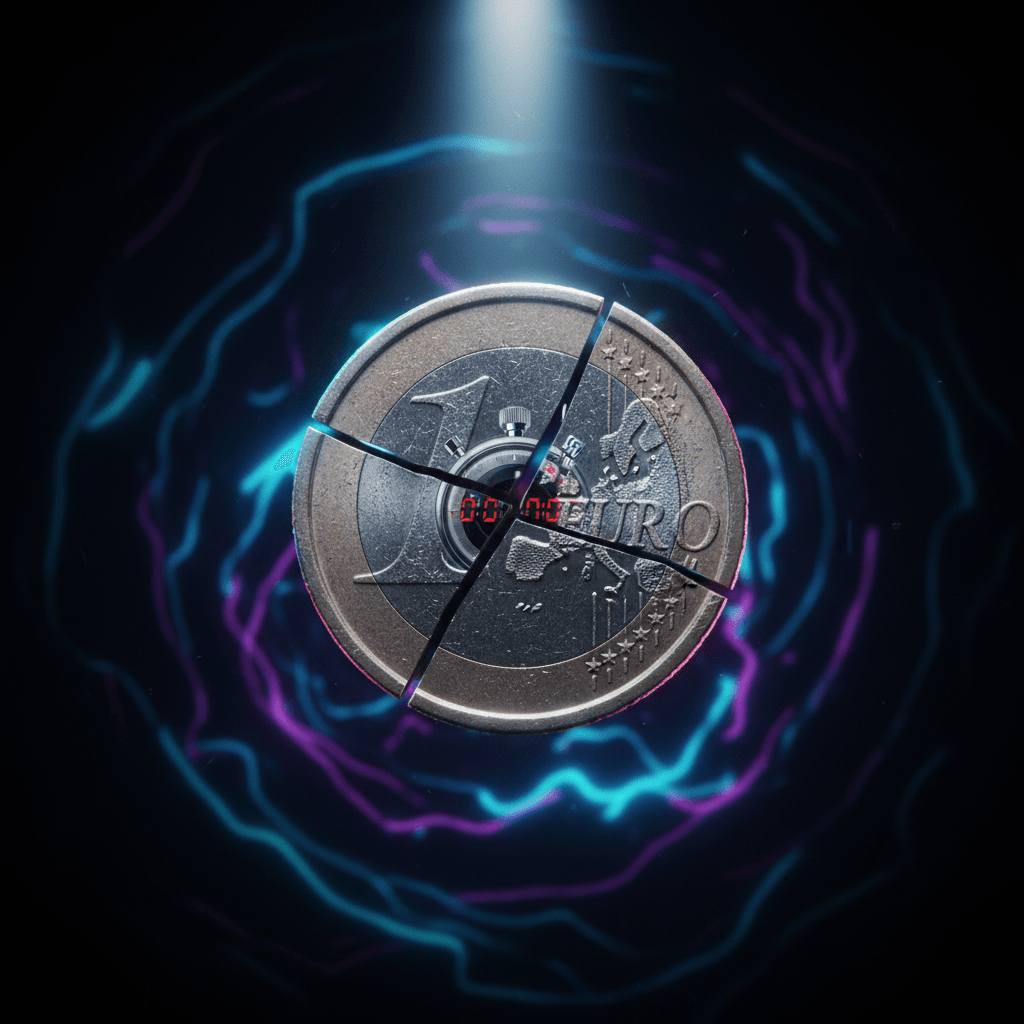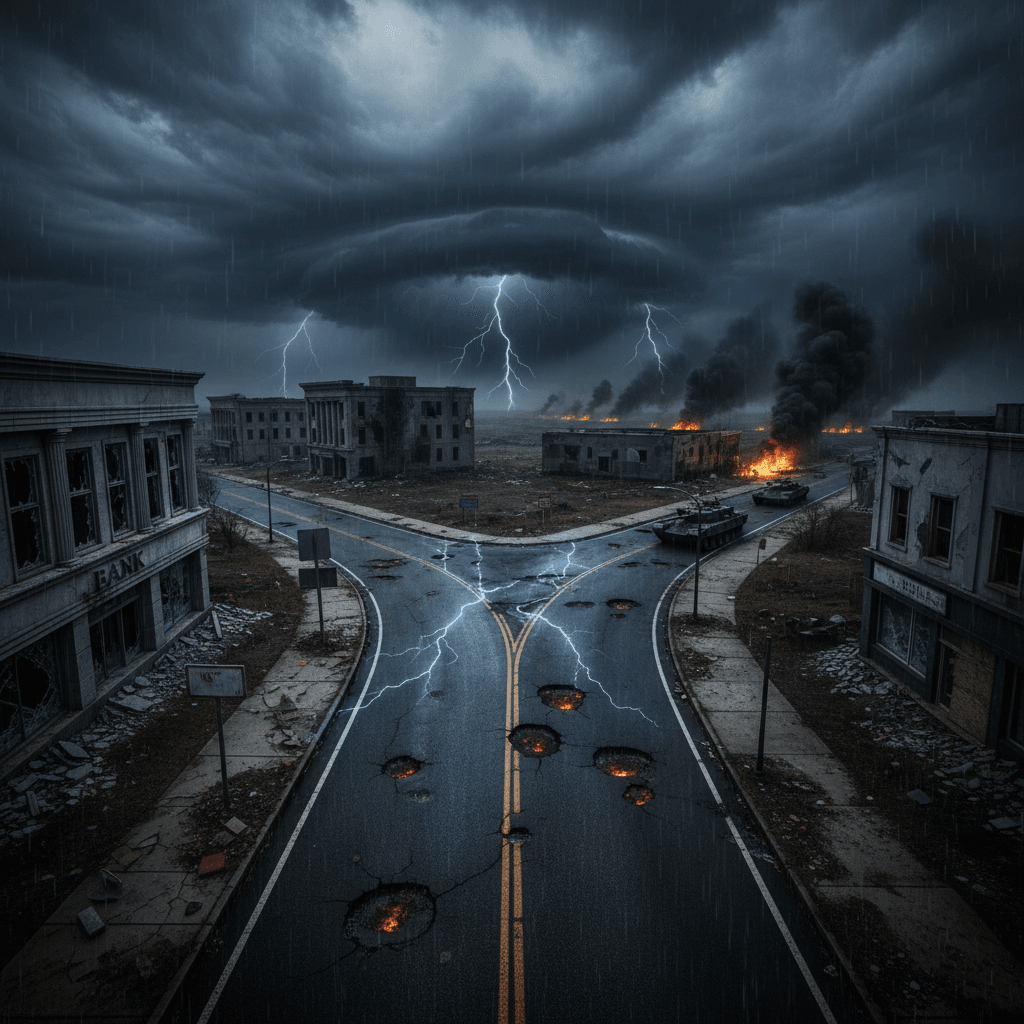💣 Economic Collapse vs. War Reset: Which Game Are We Playing?
The Game Reset Question
History has a rhythm. Economies rise, debts spiral, systems creak under their own weight. And when balance sheets no longer balance, the players at the top reach for the same two reset buttons:

Collapse or War.
Both wipe the slate clean. Both punish the many to protect the few. Both rewrite the rules of the game.
So here’s the question we need to be asking right now:
When governments can’t solve debt, do they pivot to war as the ultimate reset?
The Debt Spiral
Across Europe, the numbers tell the story.
France: ~114% debt-to-GDP
Italy: ~135%+
Greece: ~153%
Spain & Belgium: both over 100%
These aren’t just accounting quirks. They’re warning lights on the dashboard.
Borrowing costs are rising. Growth is stalling. Social unrest is boiling. IMF facilities and EU “joint borrowing” tools like SAFE might buy time, but they don’t fix fundamentals.
And as every empire in history has learned: debt spirals don’t end in balance — they end in resets.

War as the Reset
Here’s the part most won’t say out loud.
War isn’t just about borders or security. It’s about economics.
War enables governments to:
Spend without limit — under the banner of survival.
Override dissent with emergency powers.
Transform unpayable debt into “existential investment.”
It’s not coincidence that France, drowning in debt, is already signalling for war readiness by March 2026 — hospitals ordered to prepare for 10,000–50,000 casualties. Defence spending soaring to €64bn by 2027.
This isn’t just policy. It’s a playbook.

The Cyber & Digital Layer
But today’s reset has a new layer: digital rails.
The EU Digital ID Wallet is mandated by 2026.
The digital euro (CBDC) decision lands after October 2025.
The UK is building its own digital identity regime in parallel.
Why now? Because collapse and war both demand tight citizen control:
Who gets aid.
Who can move.
Who can pay.
Who gets cut off.
CBDCs and digital IDs aren’t just about convenience. They’re about creating the levers for compliance.
And the risk?
One breach — a hostile actor inside the system — and entire nations could be locked out of services, payments, even food supply. That’s not security. That’s fragility dressed up as progress.

NATO, Russia, and the Escalation Question
Let’s be clear. Russia isn’t in a rush for a full NATO war. They’ve been grinding Ukraine while NATO’s fingerprints were there from day one.
So why the drumbeat?
Because tension itself is profitable.
It unites NATO members.
It drives industrial policy through defence contracts.
It justifies borrowing, spending, and centralisation.
The real risk isn’t an orchestrated invasion. It’s an incident: a strike crossing a border, an advisor hit, infrastructure sabotaged. That’s how escalation works — not by design, but by drift.

The Twin Scenarios
We’re being steered toward two possible resets:
🔻 Scenario A: Economic Collapse
Debt breaks the system. IMF or EU bailouts arrive. Citizens get austerity, higher taxes, and less sovereignty.
⚔️ Scenario B: War Reset
War footing reframes debt as destiny. Defence spending props up industries. Citizens accept restrictions “for the cause.”
Different roads. Same destination.
The elites survive both. The public pays for both.

The Human Cost
Collapse and war aren’t abstract. They show up as:
Empty wallets.
Empty pharmacies.
Empty hospitals.
Empty freedoms.
This is why we say: the game is rigged. Because whichever reset they choose, the cost is always socialised, and the benefits are always privatised.

The Real Game
So which game are we playing? Collapse? War? Both?
Here’s the truth: they’re not choosing between them. They’re playing both sides of the board.
The only reset worth playing is the one where you reclaim control:
Data sovereignty.
Community resilience.
Ownership of your biology and your future.
Because when collapse is their move and war is their reset, the only winning play is to stop playing their game at all.
Conclusion
Collapse isolates. War divides. But community unites.
With a powerful community, we don’t just survive disruption — we build through it.
Communities can grow food, share skills, defend freedoms, pool resources, and rewrite systems.
No central bank, no government, no corporation can match the resilience of people moving as one.
If they play for power, we play for each other. That is how we win.
This is Project R.A.M.S.
This is sovereignty in action.
This is the rebuild.

